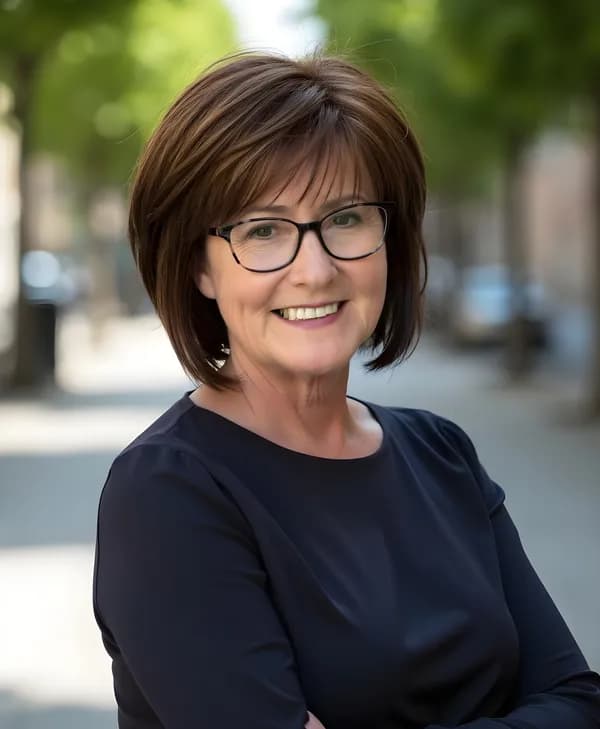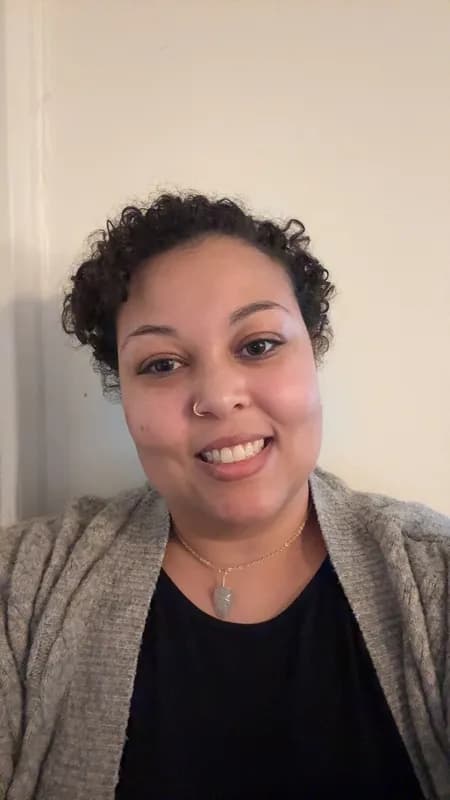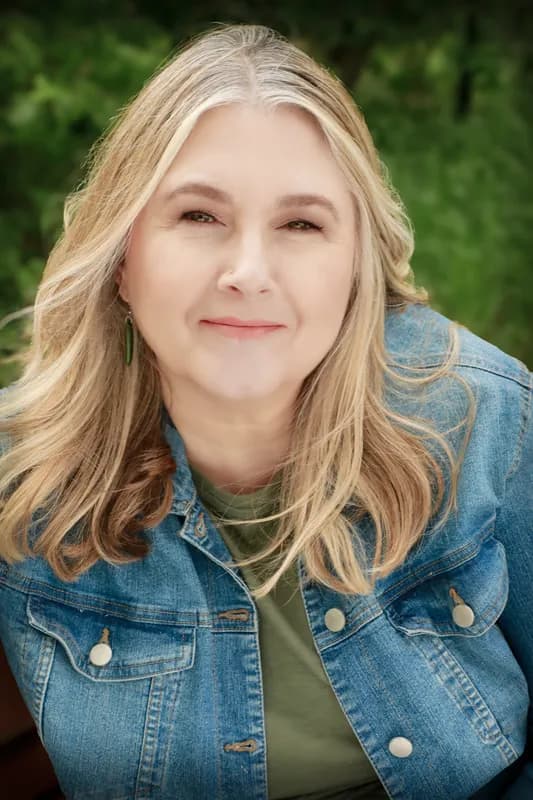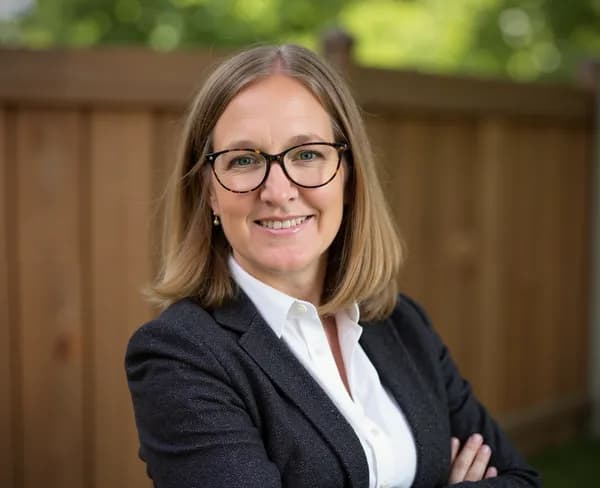Therapy for sexual abuse

Healing from sexual abuse is a journey of reclaiming safety, trust, and dignity. Even if the abuse happened long ago, its echoes can remain in the body and mind through anxiety, shame, numbness, or difficulties with intimacy. You may feel disconnected from your body or uncertain about who to trust. What happened was not your fault. Therapy provides a safe and supportive space to heal, at your own pace, and rediscover a life beyond survival.
Understanding sexual abuse
What it means
Sexual abuse is any non-consensual sexual act, contact, or exploitation whether it happened once or over a long period. It includes childhood sexual abuse, sexual assault in adulthood, and coercion in relationships. Many survivors minimize their experience, thinking “others had it worse.” But every violation of consent is serious, and every survivor deserves care.
Emotional and physical impact
Survivors may experience a wide range of responses: flashbacks, fear, shame, guilt, anger, or disconnection. Some feel nothing at all for years, while others are triggered by reminders they can’t predict. The body often remembers what the mind tries to forget—through tension, pain, or sudden panic. These reactions are not weakness; they are signs of the body protecting itself.
How common is this really?
Sexual violence is far more widespread than most people realize. According to Statistics Canada (2022), nearly one in three women and one in ten men in Canada have experienced sexual assault in their lifetime. Fewer than one in ten survivors report the incident to police, and most never receive specialized trauma support.
Understanding the numbers
Source: Statistics Canada: Self-reported sexual assault in Canada, 2019 and 2020.
How sexual abuse can affect life
Trust and relationships
Survivors often describe difficulty trusting others, even safe people. Some withdraw, while others seek closeness but feel unsafe when intimacy develops. Therapy helps you rebuild healthy connection without fear or guilt.
Body and identity
Many survivors feel disconnected from their bodies: avoiding mirrors, touch, or physical sensations. Therapy supports gentle reconnection with the body through grounding and compassion work, helping you feel at home in yourself again.
Self-worth
Shame and self-blame are common after sexual trauma. Therapy challenges these beliefs and helps you recognize that what happened was never your responsibility. Healing means reclaiming your right to feel safe, loved, and whole.
How therapy supports recovery
Safety and consent in healing
A trauma-informed therapist understands that healing from sexual abuse requires safety and consent at every stage. You control what to share, when to stop, and how to approach difficult memories. Therapy helps your body learn safety again, not just your mind.
Therapeutic approaches that help
Trauma-focused CBT or CPT
Cognitive therapy helps reduce guilt and shame by identifying and changing beliefs that keep you stuck—like “I should have stopped it.” It teaches your brain that self-blame is learned, not truth. Research supports CBT for sexual assault survivors.
EMDR and somatic therapies
Eye Movement Desensitization and Reprocessing (EMDR) and other body-based therapies process traumatic memories stored in the nervous system. They help you feel calmer, grounded, and less reactive to triggers. Melo, 2023.
Mindfulness and compassion work
Learning to observe emotions without judgment and to speak to yourself with kindness rebuilds self-trust. Mindfulness techniques and compassion-focused therapy are powerful for survivors who struggle with shame or detachment.
What to expect from therapy
Safety and grounding
The first step is learning to feel safe: in your surroundings, in therapy, and in your body. You’ll practice grounding skills and build trust with your therapist before discussing any trauma details.
Processing the trauma
When you’re ready, therapy helps you explore memories or beliefs in a safe, controlled way. You don’t have to relive the experience; instead, you’ll process emotions and release the body’s need to stay on guard.
Reconnection and growth
Healing means rediscovering joy, intimacy, and trust. Later sessions focus on integrating your strengths, redefining boundaries, and building the relationships and future you choose.
Find a therapist for sexual abuse
Choosing the right therapist matters. Each province in Canada has its own regulations, which is why working with a recognized professional can make a real difference in your care. Stellocare takes the uncertainty out of the process by listing only verified therapists you can trust.
The right therapist for you
No therapists found with these specialties in Ontario.
Try selecting a different province.Resources and supports
Canadian support services
Sexual Assault Centres (Ontario)
Free, confidential counselling and advocacy for survivors of sexual violence. sexualassaultsupport.ca.
Ending Violence Association of Canada
National list of crisis and counselling services for survivors of sexual and domestic violence. endingviolencecanada.org.
Victim Services Ontario
Referrals, emergency supports, and financial help for survivors of crime. Learn more.
Canadian Resource Centre for Victims of Crime
Emotional support, advocacy, and education for victims of violent crime. crcvc.ca.
24/7 Crisis Support
If you’re in distress, call or text 9-8-8 for immediate help across Canada.
What helps between sessions
Grounding and body connection
- Breathe slowly: inhale for four counts, exhale for six.
- Notice your feet on the floor and name five things around you.
- Engage in small, caring actions—drink water, stretch, or step outside.
Managing triggers
- Prepare a short safety phrase: “I’m safe now.”
- Use music or scent to anchor yourself to the present moment.
- Connect with a trusted friend or support line if flashbacks appear.
Self-compassion practices
- Write one kind message to yourself each day.
- Remind yourself that healing takes time and courage.
- Celebrate small wins: showing up, setting boundaries, resting.
Questions about healing from sexual abuse
Can therapy make me relive the sexual abuse?
A skilled trauma therapist will not push you to revisit painful memories before you feel ready. The process is careful and paced with your comfort in mind. You choose what feels safe to explore.
What if I still care about the person who sexually abused me?
Many survivors hold mixed feelings. You can care about a person and still acknowledge the harm they caused. Therapy supports you in understanding these feelings and making choices that protect your well being.
How long does recovery from sexual abuse take?
Healing after sexual abuse is personal. Many survivors begin to feel more steady within a few months of consistent therapy. Recovery often unfolds over time as safety, trust, and stability return.
Related concerns
References
- Statistics Canada. (2022). Self-reported sexual assault in Canada, 2019 and 2020. https://www150.statcan.gc.ca/n1/pub/85-002-x/2022001/article/00005-eng.htm
- Melo, V. U. (2023). Psychological therapies for post-traumatic stress disorder in adults. https://www.emdria.org/wp-content/uploads/2023/06/Uradaneta-Melo-Go-With-That-Magazine-Spring-2023.pdf
- Ending Violence Association of Canada. https://endingviolencecanada.org/getting-help/
- Kumar, A., et al. (2019). A Systematic Review of Evidence-Based Treatments for Adolescent and Adult Sexual Assault Victims https://pmc.ncbi.nlm.nih.gov/articles/PMC11138126/
- Sexual Assault Support Centres of Ontario. https://sexualassaultsupport.ca/
About Stellocare
Stellocare is a Canadian platform where you can find the best fit therapist for you. Search the right thperaists now by asking our AI, browsing our list, or finding our social workers for personal referral.

Shannon Gallagher
Canadian Certified Counsellor

Joanne Prysunka
Canadian Certified Counsellor

Naomi Roccamo
Canadian Certified Counsellor

Maya Dousti
Registered Psychotherapist (ON)

Diana Freitas
Registered Social Worker (ON)

Elena Temelkova
Registered Psychotherapist (Qualifying) (ON)

Ed Chen
Registered Clinical Counsellor (BC)

Krista Teare
Canadian Certified Counsellor

Shaye Stephenson
Registered Psychotherapist (Qualifying) (ON)

Tina Bells
Registered Psychotherapist (ON)

Jessica Sykes
Registered Psychotherapist (Qualifying) (ON)

Esha Jain
Registered Psychotherapist (Qualifying) (ON)

Marissa Perreault
Registered Psychotherapist (Qualifying) (ON)

Nicola Wolters
Registered Psychotherapist (Qualifying) (ON)

Renée Dangerfield-Allen
Registered Social Worker (AB)

Kimia Taghavi
Registered Psychotherapist (Qualifying) (ON)

Adrienne Na
Registered Psychotherapist (Qualifying) (ON)

Karen Weishuhn
Registered Psychotherapist (Qualifying) (ON)

Emily Duggan
Registered Psychotherapist (ON)

Andrea Laurie
Canadian Certified Counsellor

Shannon Gallagher
Canadian Certified Counsellor

Joanne Prysunka
Canadian Certified Counsellor

Naomi Roccamo
Canadian Certified Counsellor

Maya Dousti
Registered Psychotherapist (ON)

Diana Freitas
Registered Social Worker (ON)

Elena Temelkova
Registered Psychotherapist (Qualifying) (ON)

Ed Chen
Registered Clinical Counsellor (BC)

Krista Teare
Canadian Certified Counsellor

Shaye Stephenson
Registered Psychotherapist (Qualifying) (ON)

Tina Bells
Registered Psychotherapist (ON)

Jessica Sykes
Registered Psychotherapist (Qualifying) (ON)

Esha Jain
Registered Psychotherapist (Qualifying) (ON)

Marissa Perreault
Registered Psychotherapist (Qualifying) (ON)

Nicola Wolters
Registered Psychotherapist (Qualifying) (ON)

Renée Dangerfield-Allen
Registered Social Worker (AB)

Kimia Taghavi
Registered Psychotherapist (Qualifying) (ON)

Adrienne Na
Registered Psychotherapist (Qualifying) (ON)

Karen Weishuhn
Registered Psychotherapist (Qualifying) (ON)

Emily Duggan
Registered Psychotherapist (ON)

Andrea Laurie
Canadian Certified Counsellor

